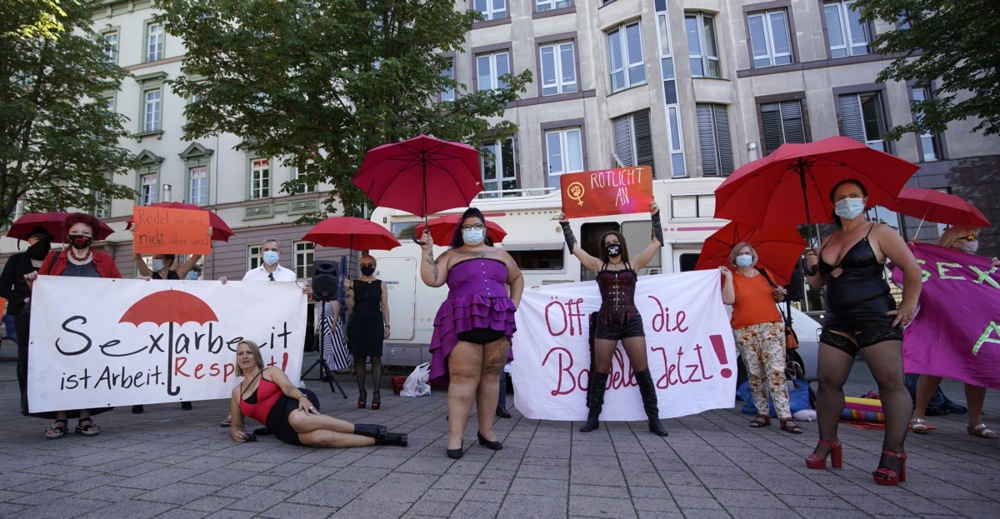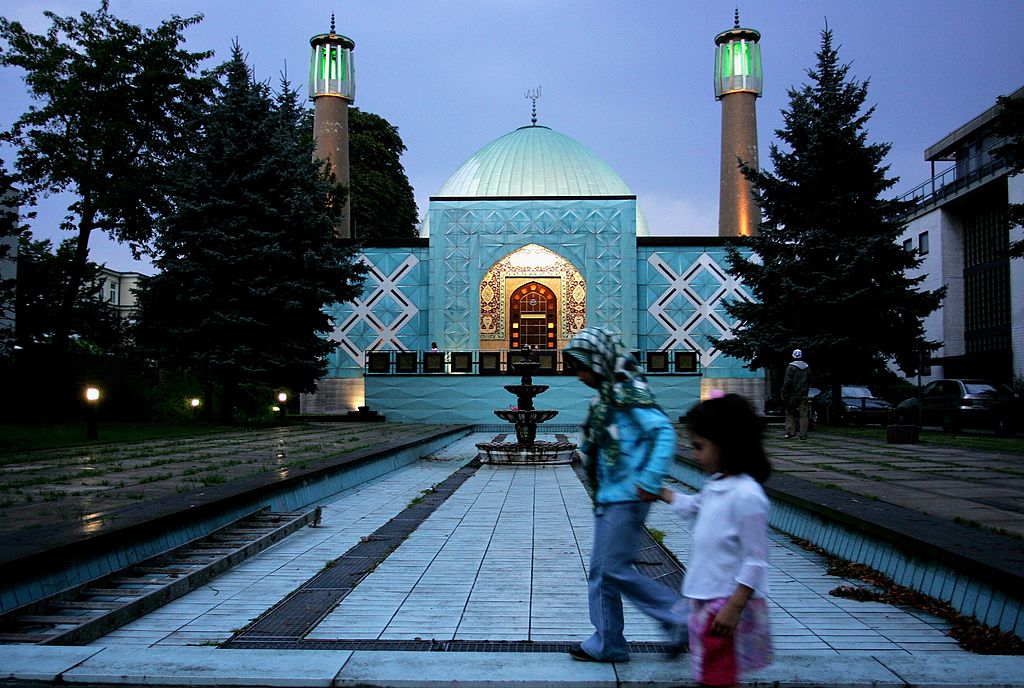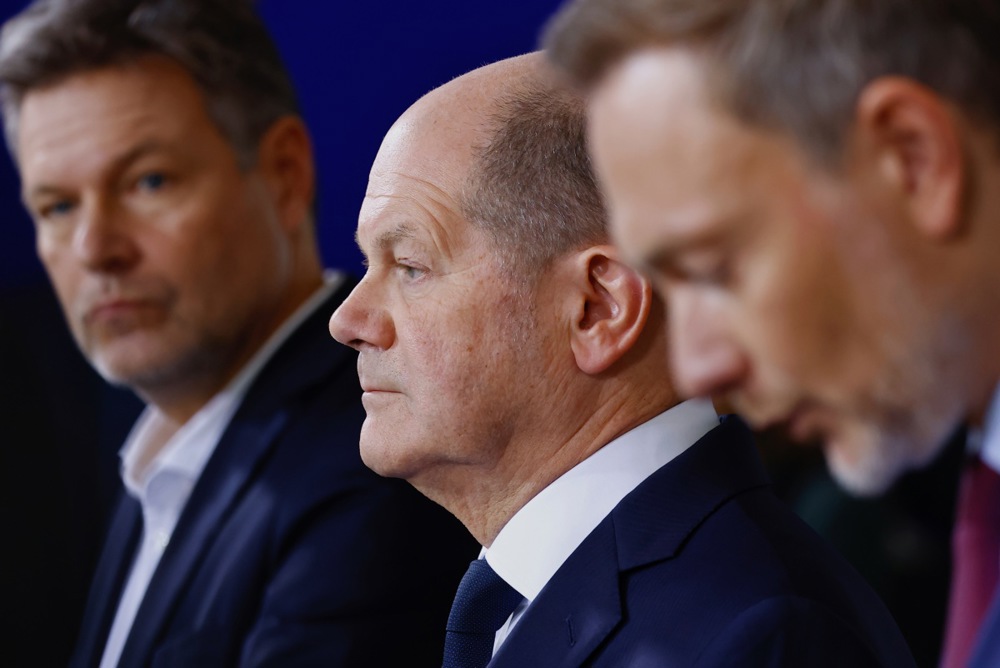French and US multinationals Michelin and Goodyear are closing four factories in Germany, citing high energy prices and intense competition from abroad.
The “rapid” deterioration of the market outlook in Germany has led to Goodyear shutting two plants, one in Brandenburg and one in Hesse. A total of 1,800 jobs are in jeopardy.
“This is a difficult but necessary decision to reduce excess capacity and align our production structure with demand,” the company said.
On November 29, Michelin issued a similar message. The French group will gradually close its plants in Karlsruhe and Trier by 2025.
In addition, parts of production at the firm’s Homburg plant will cease and its customer service centre will be relocated from Karlsruhe to Poland.
Michelin CEO Maria Röttger told German newspaper Die Welt: “We are losing more and more market share due to imported budget tyres. Falling demand leads to under-utilisation of our production sites, which puts additional pressure on production costs.
“Therefore, there is no perspective for these operations.”
In addition, according to Röttger, in Europe energy costs have risen 260 per cent in the past five years.
She does not see a “perspective” for the future despite the company having invested half a billion euros in its German factories in the past decade.
A total of 1,532 employees are affected by the French giant’s decision.
The Michelin plant in Karlsruhe, founded in 1931, is the company’s oldest in Germany. It has a capacity of 1.1 million light-truck tyres annually.
French tire manufacturer Michelin announced it will close two factories and cut 1500 jobs in Germany:
– Expensive energy makes European industries less and less competitive.
– Asian producers, with access to cheap energy, are simply more competitive. https://t.co/BPuu8whqBk pic.twitter.com/jaoMoDhkdh— Glenn Diesen (@Glenn_Diesen) November 29, 2023
Both the French and US corporations are now negotiating social policies with their respective labour councils and unions. The first protest rallies against the closures have reportedly already occurred.
In response to the influx of cheap Asian-made tyres in the European market, local manufacturers are improving their products with more durable rubber compounds and longer-lasting treads.
Despite these efforts, the overall market contraction is leading to declining sales across all fronts.
Even the arrival of a US Tesla electric-car factory in Brandenburg could not convince the two tyre makers to stay.
The rising price of natural gas and electricity in Germany have increased production costs and made it more difficult for the tyre-manufacturing industry to remain profitable in the country.
The largest solar-cell manufacturer in Germany is considering leaving the country for the United States amid the ongoing energy crisis. https://t.co/0DT6N89L3I
— Brussels Signal (@brusselssignal) November 27, 2023





